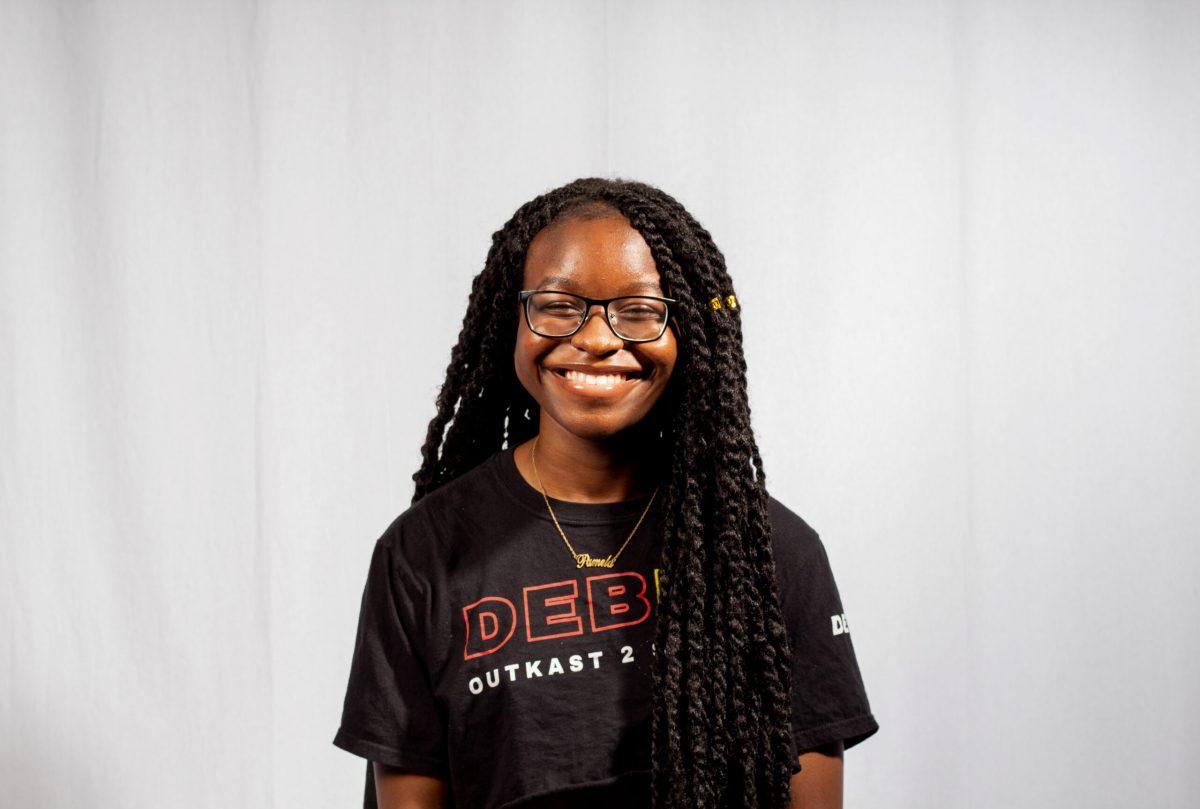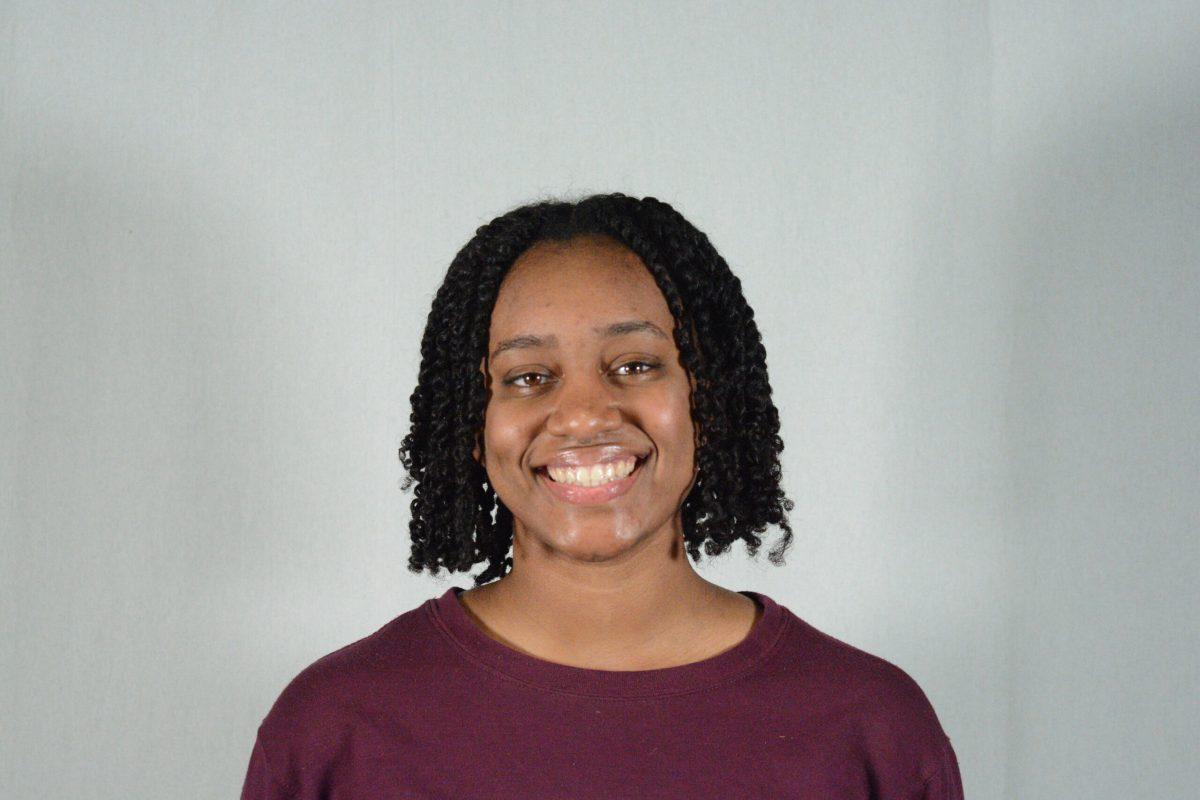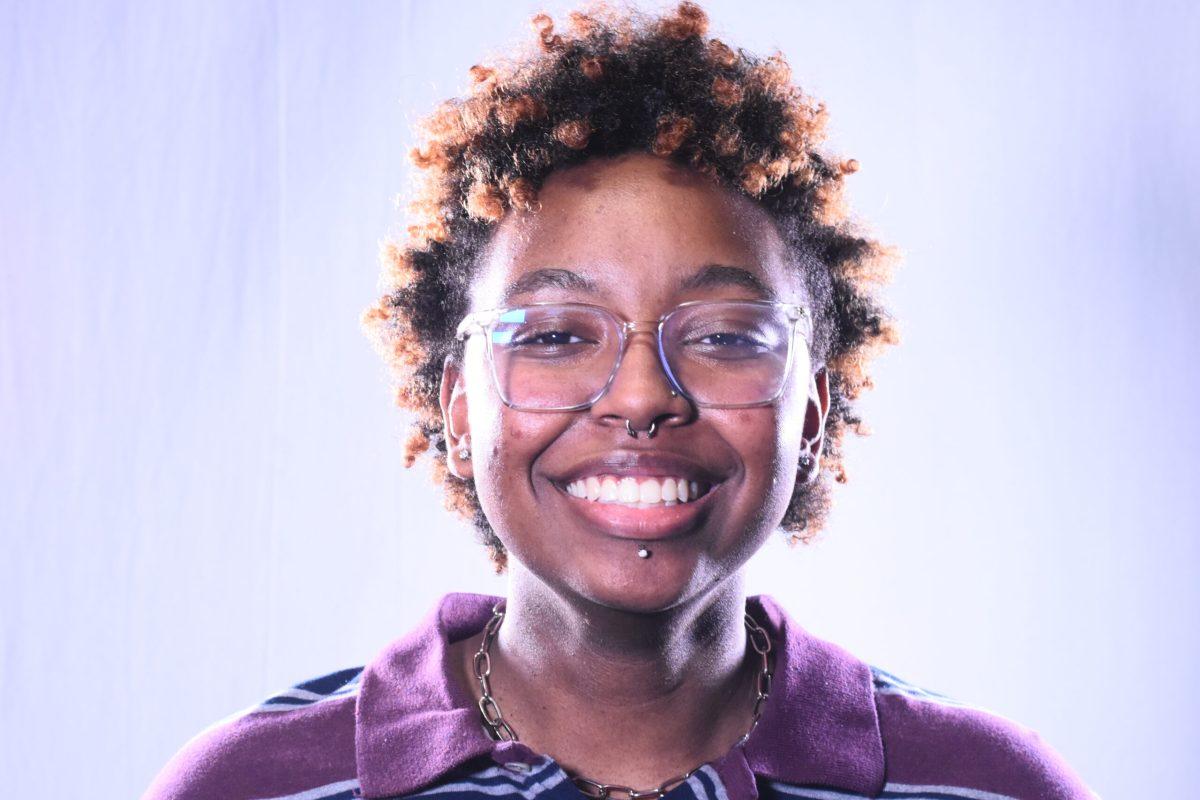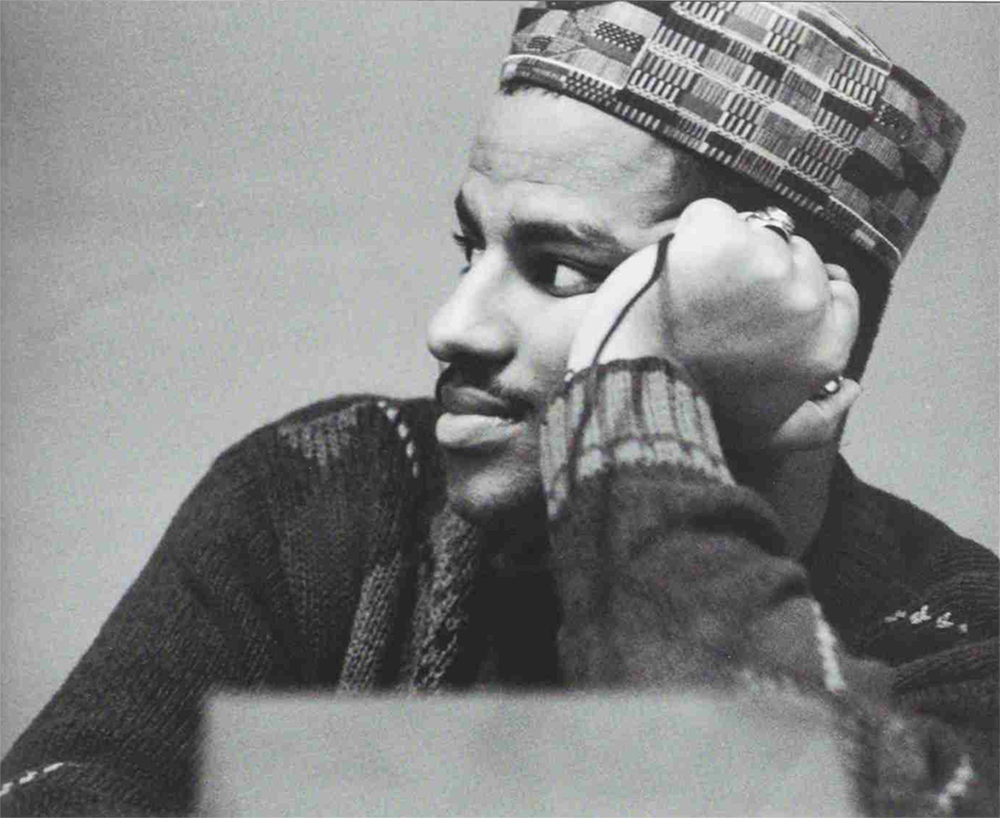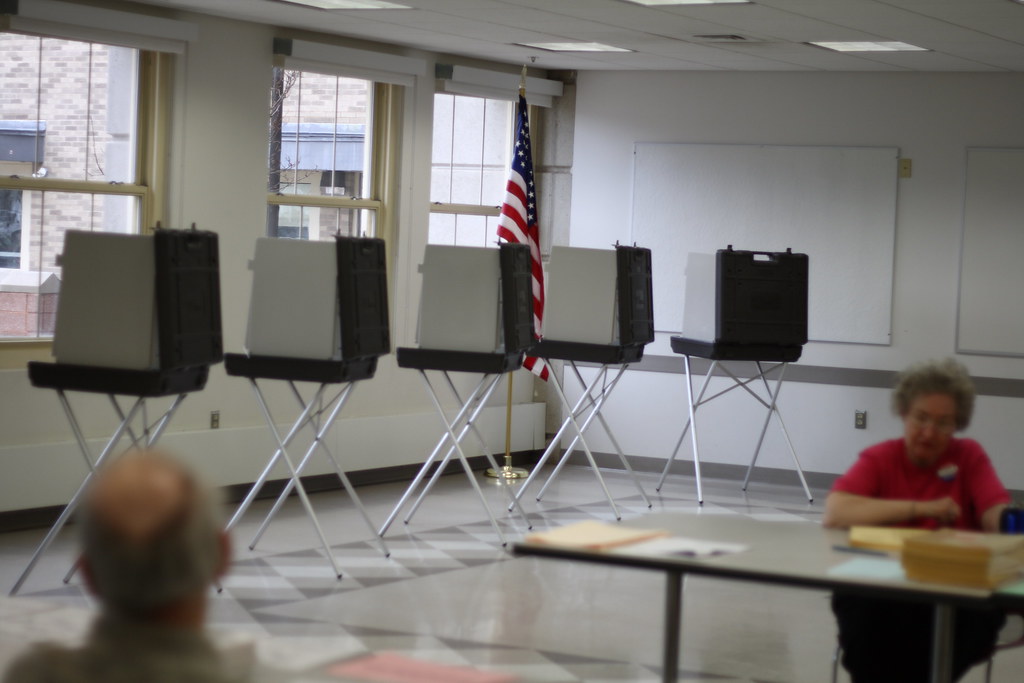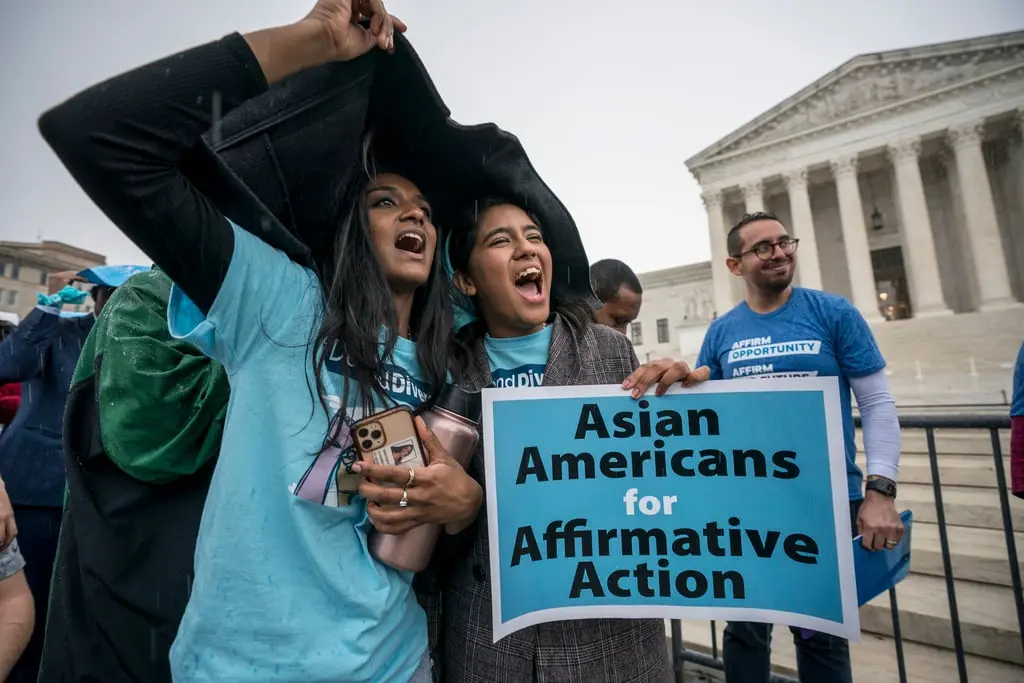Kevin Moye | Staff Writer
Arguably the worst part of going to college is applying to college. The process is expensive, time-consuming and incredibly stressful. Applying to college is already daunting enough with the constant comparisons of one’s self to others when weighing your chances of getting into a certain school or not. To make matters even worse, one of the most beneficial tools in getting historically disenfranchised groups into college, affirmative action, is yet again under attack.
A lawsuit against Harvard by a group of Asian-American students who were denied admission to the university has gained a lot of traction. The students claim that Harvard is artificially deflating the value of Asian-American students and accepting less qualified students to uphold racial quotas through affirmative action. The Justice Department has now put their support behind this lawsuit ostensibly as a means to act on the Trump administration’s goals of deconstructing affirmative action.
As a student who can attest to the pain and heartache that comes with a college rejection, I can see where these students are coming from. These are the best and brightest students who gave it their all in high school only to have all of it invalidated by a terse rejection letter. The circumstances are deeply unfortunate, but these students must see the forest through the trees. Affirmative action is not the enemy of these students; it is the one of the hallmark elements of education that makes the system so special.
In almost all other areas of life, minorities are constantly put on an unequal playing field. Before college, minority students statistically have to deal with less funded schools and overcoming the advantages white students may have through generational wealth. After college, minorities still must overcome the implicit racism hidden in applying for jobs.
For many students of color, systemic biases against them make it extraordinarily difficult to compete with their more privileged counterparts. A black student growing up in a low-income area of Durham with limited resources is at a nearly insurmountable disadvantage when competing against a student raised in the affluent suburbs of Cary. Affirmative action works as means to help remedy these societal problems we still face by giving minorities access to elite higher education.
The diversity that is brought to our education system with minorities provides an invaluable experience for students attending universities. For many students, college is the first time in their lives when they are exposed to such a mosaic of different cultures. For example, 27 percent of NC State’s class of 2018 come from rural counties. Upon entering State’s campus, such students likely experienced more diversity than ever before. This doesn’t just apply to students from rural counties. Before coming to State, I had never encountered the breadth of information on so many different cultures and diverse perspectives, and I know I am not alone. The diversity that affirmative action brings is invaluable to help foster the learning experiences we engage in outside of the classroom that make the college experience so unique.
In teaming with the Trump administration, these students are essentially cutting their nose to spite their face. The central thesis of the lawsuits against Harvard is that the university is systematically devaluing Asian-American applicants, a policy that would categorically be defined as racist. However, a further look at the claims made by the students would show that they are in fact stereotyping Asian-American students themselves. In saying that Harvard and other academic institutions are discriminating against Asians, the students attempting to derail affirmative action paint a narrative of all Asians as a high-achieving monolith.
By having the Trump administration dismantle affirmative action, these Asian-American students would be inadvertently making the college admissions process worse for all minorities including Asians. An amicus brief to the Supreme Court written by 531 social scientists explained that Asians do actually benefit from the holistic admissions process. Because the admissions view their applicants as individuals and not simply parts of a broader ethnicity like the lawsuits allege, Asian students are often bestowed advantages.
The students filing these lawsuits must realize that they are cannibalizing the admissions process for the majority of minorities – including Asians – by trying to do away with affirmative action. While their stories are compelling, so are the stories of thousands of minorities who defied all the odds by getting into elite universities.


